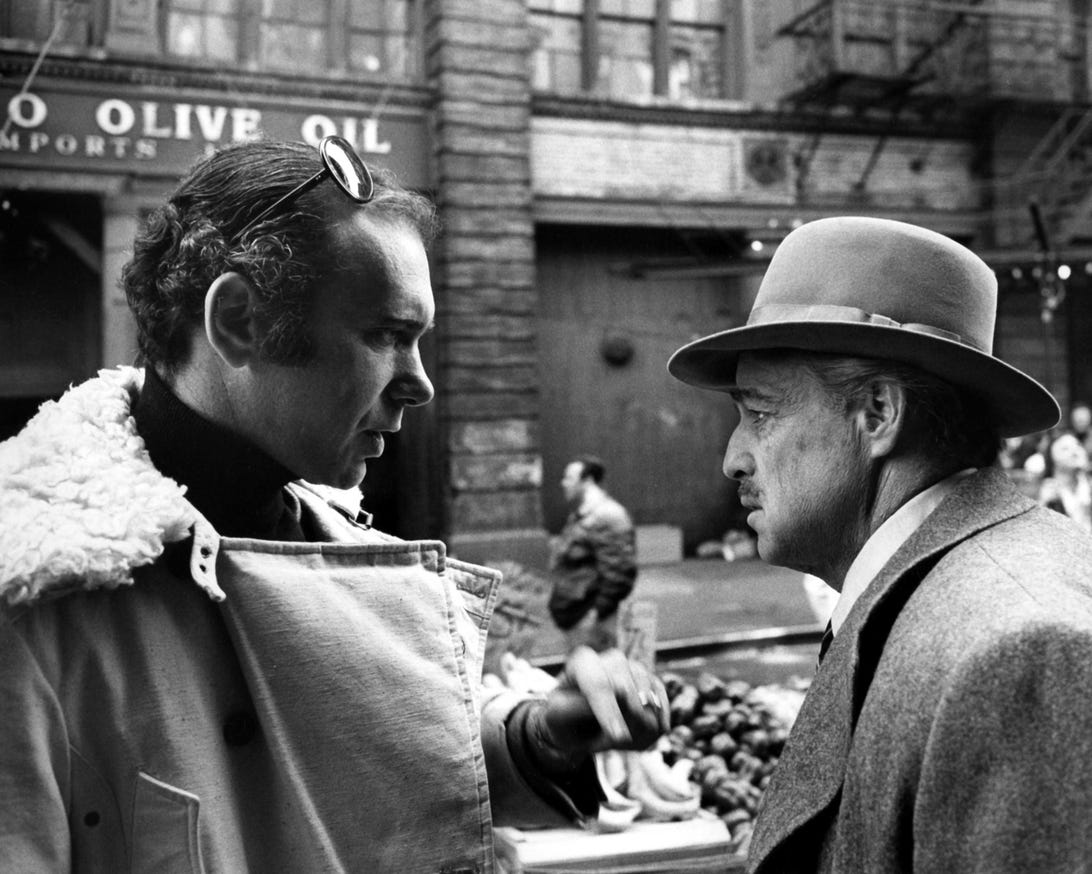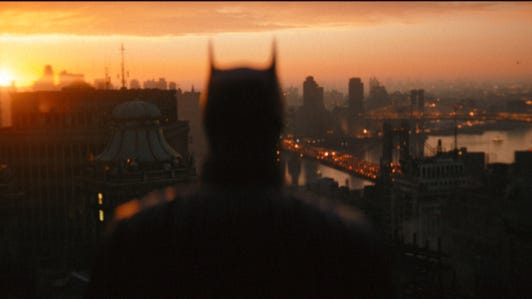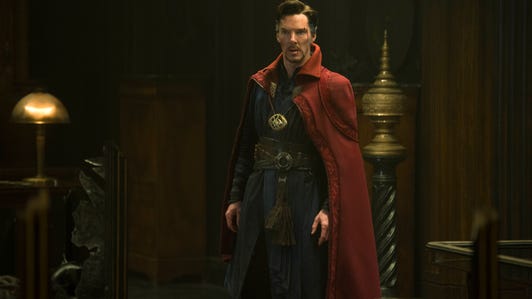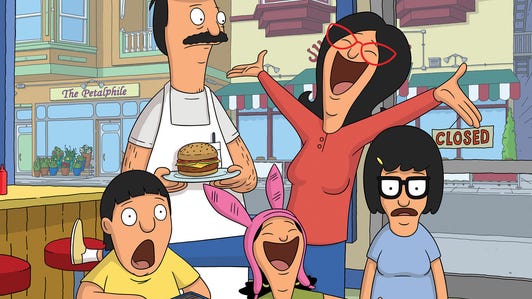‘The Offer’ Review: Fascinating and Fun Dramatization Behind the Scenes of ‘The Godfather’ – CNET [CNET]
There’s a fine line between homage and pastiche, and The Offer tries hard not to wink at the audience by re-creating the actual Godfather films. It evokes the original at times, for example cross-cutting between conversations and horrific violence in the style of the first film’s climatic montage. And the various sit-downs in darkened kitchens and dim bars evoke the shadowy cinematography employed by The Godfather’s director of photography, Gordon Willis. In The Offer, Coppola and Willis discuss how these deep shadows are a visual metaphor for the moral darkness of their twilit crime family, and that’s just one of the many cool glimpses into the minutiae of the filmmaking process, from location scouting to budget headaches. One scene sees Willis and production designer Dean Tavoularis consider how a fake wall will impact the lighting of a scene, and these behind-the-scenes snippets will appeal to any film nerd. Connoisseurs of that 70s golden age will also enjoy spotting the references to other classic movies (The Odd Couple, Butch Cassidy and the Sundance Kid, Chinatown and Paper Moon to name a few).
The series also has fun casting the familiar faces, including Anthony Ippolito as a nervy young Al Pacino. Justin Chambers is suitably charismatic — and possibly underused — as Marlon Brando, although I’m less convinced by Frank John Hughes doing Frank Sinatra as a fuhgeddaboutit wise guy. Generally though, The Offer avoids impersonation or cheesy “Hey, let’s put that in the movie!” moments.
Instead, the modern viewer is invited to go along for the ride with the people and things behind the film, beginning with Mario Puzo’s reluctantly written novel and going deeper with Coppola’s rich imagining of what the story could be. Fantastic Beasts star Dan Fogler draws you into Coppola’s mesmeric vision, helping viewers of The Offer understand and become immersed in the promise of this strange film before it even existed. By the time the actors gather and filming begins, we’re treated to hairs-on-the-back-of-the-neck moments as instantly recognizable scenes are conjured before our eyes.

The real Albert Ruddy on set with Brando.
Getty ImagesAt 10 episodes, The Offer is basically longer than the actual Godfather trilogy, and that’s just too long (the first three episodes are available on April 28, then a new installment each week). While I wouldn’t want to lose any of the fascinating detail, the show does spin its wheels with its exhaustive accounts of the battle between filmmakers and money-minded boardroom guys. There’s an awful lot of Colin Hanks in the show, more than is deserved by his one-dimensional character of the small-minded money man from Paramount parent company Gulf and Western. Funnily enough, stuffed shirts from Gulf and Western play a similar bad guy role in LA Lakers-themed series Winning Time, another real-life dramatization currently airing on HBO.
Perhaps the standout performance comes from Matthew Goode as fabled Hollywood impresario Robert Evans. Goode plays Evans as a groovy smoothie who nonetheless reveals hidden depths. He’s smarmy but capable of sincerity, manipulative yet loyal — and even seems to actually care about movies.
That’s possibly the best thing about The Offer, which is more than just Godfather trivia acted out. Ultimately it’s about the allure of the moving image. The Offer may be a little dragged-out, and it lacks the zingy dynamism of similar shows like Winning Time. But it does a great job of casting a little of that ol’ Hollywood stardust. Not just the sun-dappled yet slightly desperate glamor of Tinseltown, the gorgeous clothes and beautiful people, but the unifying power of the silver screen. After watching this show, if you’re not itching to get to a movie theater or maybe even dust off that screenplay, then I don’t know what to say to you.
At the very least you’ll fancy a cannoli.

![‘the-offer’-review:-fascinating-and-fun-dramatization-behind-the-scenes-of-‘the-godfather’-–-cnet-[cnet]](https://i0.wp.com/upmytech.com/wp-content/uploads/2022/04/61968-the-offer-review-fascinating-and-fun-dramatization-behind-the-scenes-of-the-godfather-cnet-cnet.jpg?resize=800%2C445&ssl=1)







![the-legend-of-zelda:-tears-of-the-kingdom-review-–-such-great-heights-[game-informer]](https://i0.wp.com/upmytech.com/wp-content/uploads/2023/05/122923-the-legend-of-zelda-tears-of-the-kingdom-review-such-great-heights-game-informer.jpg?resize=390%2C205&ssl=1)
![probeat:-how-to-watch-transform-2020-on-demand,-plus-some-online-event-takeaways-[venturebeat]](https://i0.wp.com/upmytech.com/wp-content/uploads/2020/07/5563/probeat-how-to-watch-transform-2020-on-demand-plus-some-online-event-takeaways-venturebeat.jpg?resize=390%2C205&ssl=1)
![allen-institute-for-ai-releases-‘truly-open-source’ -llm-to-drive-‘critical-shift’-in-ai-development-[venturebeat]](https://i0.wp.com/upmytech.com/wp-content/uploads/2024/02/166001-allen-institute-for-ai-releases-truly-open-source-llm-to-drive-critical-shift-in-ai-development-venturebeat.png?resize=390%2C205&ssl=1)